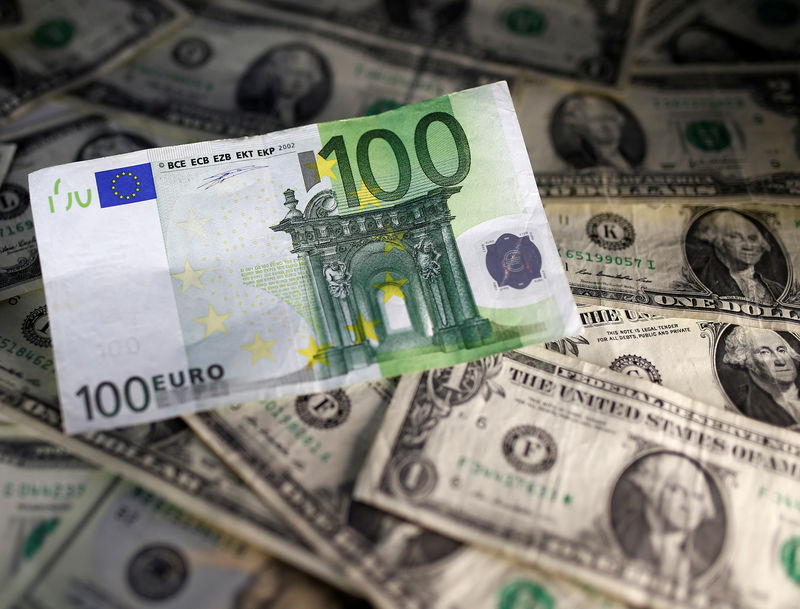By Geoffrey Smith
Investing.com -- The dollar strengthened in early dealings in Europe on Monday, after Russia launched a barrage of missile attacks against Ukrainian cities including the capital Kyiv, in an apparent response to the attack on the Kerch Strait bridge over the weekend.
By 03:35 ET (07:35 GMT) the dollar index, which tracks the greenback against a basket of six developed economy currencies, was up 0.12% at 112.92, profiting from a modest 'safe haven' bid as events point to a further escalation of a conflict that has weighed on European currencies since February.
Missile attacks were reported to have hit largely civilian targets, including Kyiv's Shevchenko Park, the city's largest and most popular public park. The attacks follow the appointment of a new commander for what Russia calls a 'special military operation', Syria veteran Sergey Surovikin.
The dollar was still supported by Friday's September labor market report from the U.S., which showed employment still growing at a solid pace and provided no real evidence to support hopes of an early end to the Federal Reserve's cycle of interest rate increases. The bond market was quiet, however, with both the short and long end of the Treasury yield curve effectively unchanged from Friday's close.
The pound was in focus in early trade after the Bank of England said it will replace the emergency auctions of Gilt purchases that it launched after the poorly received 'mini-budget' of the new government with a new series of lending operations. The Bank has only used around 12% of the capacity of the auctions since the mini-budget but has raised the daily limit for their final week to keep a firm lid on market volatility.
The pound rose 0.2% to $1.1103.
The euro, by contrast, slipped 0.1% to $0.9729, against a backdrop of lingering disappointment at the lack of progress made by EU leaders in agreeing how to manage the continent's fuel needs over the coming winter. Extensive talks at a meeting in Prague on Friday on proposals for a cap on the wholesale price of gas yielded no firm results.
Later Monday, there will be speeches from both ends of the European Central Bank's policymaking spectrum, with both chief economist Philip Lane and Bundesbank President Joachim Nagel due to speak. In the U.S., Fed Vice-Chair Lael Brainard and Chicago Fed President Charles Evans are the highlights.
